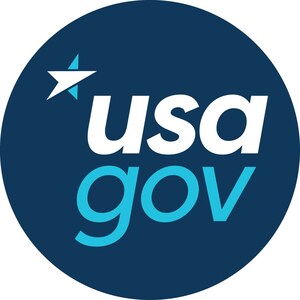WASHINGTON, June 12, 2024 /PRNewswire/ -- Severe weather and disasters can happen at any time without notice or warning. Throughout the year, hurricanes and their fierce storm surge, damaging winds, and intense flooding impact the United States.
Having an annual hurricane plan is key to ensuring your family's safety during this time of year. Here are a few things to remember with the help from the government.
Make an emergency plan and practice it
It's best to plan this with your family so everyone will know what to do in the event of an actual emergency.
- Create an evacuation route plan that includes what to do in the event that the family isn't all together.
- Build an emergency preparedness kit with food, water, medicines, and supplies to last for a few days.
- Small and large pets also need a plan to stay safe. Make sure to have extra food and animal supplies available in your kit.
Stay connected
Communications can be unreliable during times of emergencies. It's critical to have many ways to receive alerts.
- Download the FEMA and Red Cross applications on your smartphone to get storm alerts in real-time.
- Sign up for email alerts from your local authorities and the Centers for Disease Control and Prevention (CDC).
- Get a battery-operated portable radio in the event of a loss of electricity.
Prepare your home
There are steps you can take to mitigate damages to your home and protect your finances.
- Secure any loose items such as hanging gutters and cut down hanging tree limbs.
- Consider flood insurance if you live in a flood-prone area. Not all homeowner or renter insurance policies cover damages from floodwaters.
- Make copies of important documents like your driver's license, Social Security card, and insurance policies. Add them to your emergency kit.
- Sign up to receive electronic payments for Social Security and other benefits to avoid potential lapses in the mail service.
Consider any special circumstances for you
Continue to adapt your plans according to your needs and family. Growing your family, taking care of a loved one, and getting older can present unique accommodations that you should prepare for ahead of any emergency.
- If you are pregnant, know where to go for prenatal care during an emergency. Talk to your health provider about your options in case of hospital or office closure.
- Are you someone with a disability or a caregiver? Keep extra medicines, medical equipment and devices, alternative ways of communicating your needs. Consult your medical providers on any other possible support needed.
- Consider your needs as a senior like transportation and access to services and reliable emergency contacts to help you take action before a storm.
Stay informed and follow USAGov, your official guide to government information and services, on Facebook, Instagram, and Twitter. You can also subscribe to email updates and alerts straight to your inbox. Other helpful accounts for updates include FEMA, the National Weather Service, and the National Hurricane Center.
SOURCE USAGov







Share this article